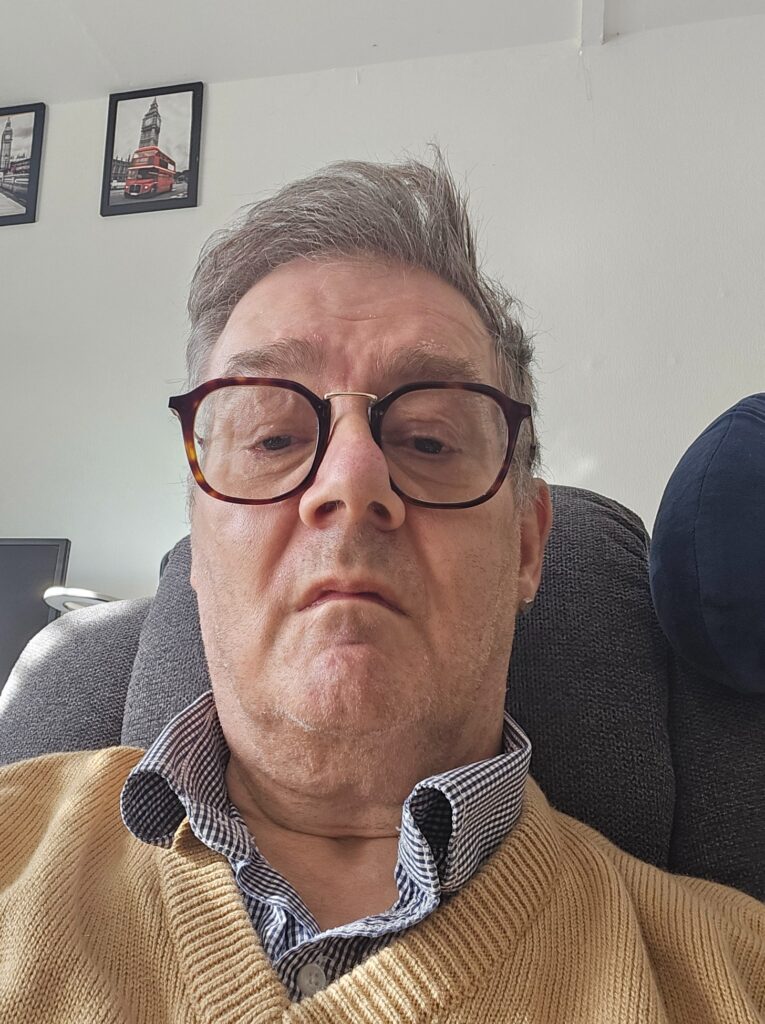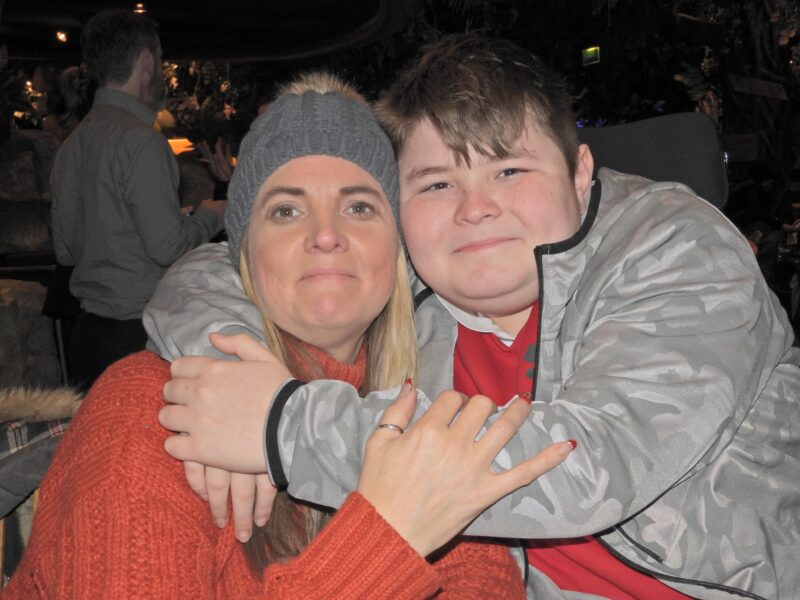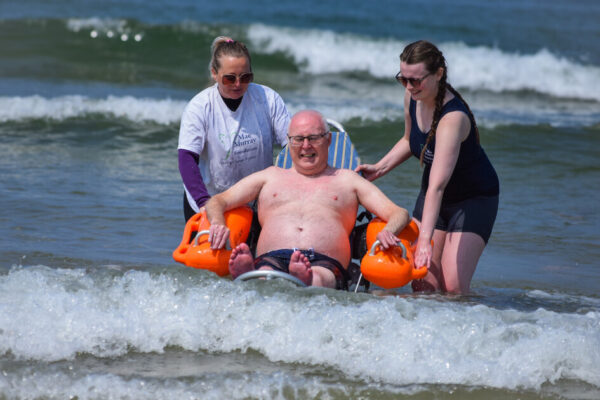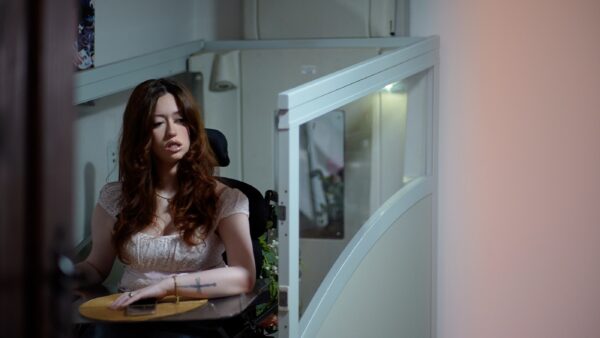In recognition of OPMD awareness day, Martin shares how his condition has progressed for himself and his brother, the generational effect it has had on their family, and what advice he would give to others who are newly diagnosed with the condition.
OPMD and me – how my condition has progressed over 20 years

I’ve moved all around the world as part of my job in IT. I’ve lived in Holland, Belgium, Ireland and the US, working in various roles for over 40 years. But I started noticing symptoms of OPMD in my 40s. Now, at 60, I’ve had to get used to retired life due to my condition and return to my roots in Watford.
OPMD as part of my family for generations
OPMD has been a part of my family for generations, though we never used to know it. Looking back, we realise our grandfather likely had OPMD. He had trouble with mobility, his voice and eyes, but at the time we just assumed it was old age. My father and several of his siblings experienced similar issues that started in their 40s, though it wasn’t until later on in his life that the condition was given a name — oculopharyngeal muscular dystrophy.
My brother and I both began noticing symptoms in our 40s which started with eyelid drooping. At the time, I was still very active; I ran marathons, went to the gym regularly, didn’t think any of physically exercise. Now, walking a mile to the shops is a challenge.
“I understand how my father, who was a manual labourer, spiralled into depression as his body failed him. The mental side of this is just as tough as the physical.”
Although my brother is only 15 months younger than me, he has different struggles. His main challenges are with his limbs, especially his legs. His voice and swallowing are starting to go, but not as quickly as mine. It’s interesting how the same condition shows up differently even in siblings.
Symptoms and surgeries
When I first had eyelid surgery in my 40s, I remember a nurse saying, “Oh, you’re here for cosmetic reasons.” She didn’t realise that by that point, I had to lie flat on my back and look down to see the television because my eyelids had dropped so much. Back then, the surgical advice was to slice part of the eyelid muscle and lift it. I had that done on both eyes twice, but it was a mistake.
I always tell people now to go for the ‘sling’ procedure, which is what my brother and I had later on. They insert a small strand to lift the eyelid, and it can be adjusted over time as the muscles weaken. It’s not a pleasant surgery, but it’s far more effective long-term.
These days, my biggest challenge is swallowing. Eating has become increasingly difficult year after year. I now have to eat foods with lots of sauce, and often fast before family meals just to manage one plate.
“If I eat during the day, my throat muscles weaken so much that I can’t talk or eat anything else by late afternoon — which is why I had to stop working. As a manager, you need your voice, and I simply lost mine after long meetings.”
To support me with my deteriorating swallow, I had a gastrostomy (PEG) fitted five years ago, which is a small tube in my stomach that I can push nutritional supplements through if I need to. Doctors advised having the surgery done while I was still relatively strong, which was the right call. What started as an emergency backup has become part of my routine — from once every three months to once every two weeks. It removes the pressure on those bad days when eating simply isn’t possible.
Creating structure in my days
Having to retire has been a different kind of challenge, mainly because you suddenly lose most of the routine in your life. I’ve found some hobbies that give my days structure. I’m building a high-performance PC, doing a bit of gaming, watching a lot of sport and TV… but I do miss it — the rhythm of working life. Losing that structure has been mentally tough.
If I could give advice to someone newly diagnosed, I’d say to get educated. Don’t just accept the first medical opinion. Read up and ask others advice.
As cliché as it sounds, stay positive.
“My brother and I joke a lot about our condition, and it really does helps. Our father gave up too early. We’ve chosen a different path. Positivity is a choice we try to make daily, even when it’s hard.”
One more thing — let people help, but don’t lose your independence. Even if something is going to take me longer, I still try to do it on my own. I figure that I’ll get there in my own time, and I want to make the most of what I’ve got, because you never miss something until it’s gone.
Learn more about the condition, including symptoms, diagnosis and condition management.
Join our OPMD WhatsApp group and meet new people, share experiences and get advice.


